Migrant Women Press had conversations with therapists and organisations to understand how migration and displacement affect women’s mental health. The impact is huge.
We will publish a series of articles exposing some of the main issues that affect migrant women’s mental health, the barriers to access services, and the solutions available.
by Juliana da Penha and Rachel Jenkins picture Anh Nguyen at @Unsplash
In February 2021, a 26 years old, eight-month pregnant woman set herself on fire in a refugee camp on Lesbos Island in Greece. According to InfoMigrants, the Afghan woman was reported to be suffering from mental health issues after having her request to be relocated to Germany refused.
The woman has been charged with arson and the destruction of public property. Her lawyer told the Guardian, “Although she was in a lot of pain because of her burns and found it difficult to speak, the testimony at the hospital in Mytilene lasted for around two and a half hours”. This case is a clear example of the effect of draconian immigration policies on the mental health of migrants, especially on women.
Daily stressors, problems that migrants face during the different stages of the migration trajectory and after settlement have a strong mental health impact, as highlighted by the World Health Organization. Many reports, such as the European Parliament’s Policy Department and Constitutional Affairs requested by the FEMM- the Committee on Women’s Rights and Gender Equality raise awareness about these issues.

The Mental Health Foundation (based in the UK) highlighted statistics that found “asylum seekers are five times more likely to have mental health needs than the general population and more than 61% will experience serious mental distress”. Despite this, statistics also show that this client group is much less likely to receive support from mental health services than the general UK population.
A study demonstrated that 80% of victims of human trafficking suffer from mental health problems. Women victims of trafficking have high levels of depression, anxiety or post-traumatic stress disorders (PTSD).
Access to treatment and services is complicated in many cases for different reasons. “Besides racism, class and gender are barriers to accessing treatment. Unfortunately, the scarcity of funding in the charity sector and the lack of childcare in counselling services means that many referrals have to be turned down and often demands that therapy end prematurely. This abrupt interruptive hindrance in the therapeutic process (e.g. arising of feelings of abandonment, rejection) could result in frustration. And these women never return to therapy”, explains Dr Hannaa El Sayed, a psychotherapist with international experience working with asylum seekers and refugees.
“Besides racism, class and gender are barriers to accessing treatment. Unfortunately, the scarcity of funding in the charity sector and the lack of childcare in counselling services means that many referrals have to be turned down and often demands that therapy end prematurely.
Mental health services are also often not designed for the specific needs and barriers that migrants face, especially for asylum seekers. Many asylum seekers go into counselling sessions entirely overwhelmed by the trauma of the asylum system. They want to talk about the stress of the Home Office or their cases, and they are told they aren’t ready for counselling because they talk about the Home Office too much instead of talking about their trauma or mental health. If you live in fear that the Home Office will reject you and send you back to a place where you may face violence or even death, how could you not talk about the Home Office in your sessions?
Waiting times for interpreters is also a massive barrier, and counselling waiting lists when an interpreter is needed can be six months or more. That is an unrealistic amount of time for someone needing urgent mental health support to go without communicating how they are feeling in a language they feel confident and comfortable expressing themselves in.

Gender-based violence is another burden that increases migrant women’s mental health problems. Domestic violence and immigration-related abuses “contribute to making women from immigrant and refugee backgrounds particularly vulnerable to suicidal behaviour,” says a report by Erminia Colucci and Amanda Heredia Montesinos.
“Women seeking help are also often either destitute or at immediate risk of poverty. They feel very isolated, sometimes think key agencies like health visitors are linked to the Home Office or that they have to pay for services”, explains Mira Tapaninen, Information Officer at Saheliya.
Mistrust in key agencies and mental health services exists because they are often uninformed and unprepared to provide holistic, trauma-informed care for migrants and ethnically diverse groups.
It is essential to emphasise the importance of support services focused on ethnically diverse and migrant women. In these spaces, migrant and ethnically diverse women can find mental health support in an inclusive, safe, appropriate way as they understand the specific barriers this group may face.
In this first article, we spoke with Mira, Information Officer at Saheliya, a grassroots specialist mental health and well-being support organisation for black, minority ethnic, asylum seeker, refugee and migrant women and girls in the Edinburgh and Glasgow areas.

Saheliya, mental health support for ethnically diverse and migrant women in Scotland
Created in 1992 in Edinburgh, starting in one room with two staff members, Saheliya is a specialist mental health and wellbeing organisation for black, minority ethnic, refugee and asylum seeker women and girls ( 12+) facing racial inequality in Edinburgh and Glasgow. It has since grown to be a vital grassroots organisation supporting over 1300 women and young women annually. “The level of trauma many of our service users are akin to those of torture survivors, and there is still little mainstream awareness of the extent of their problems. Also, poverty is a crucial issue. A considerable proportion of our service users each year are destitute or at immediate risk of poverty when they come to us. Others are in low paid and zero-hours contract jobs, have little job security, and few savings. Most are dependent on benefits or on husbands who are low waged and in insecure employment. Most are in inadequate housing and at risk of homelessness”, explained Mira Tapaninen, Information Officer at Saheliya.

Saheliya provides holistic, wrap-around 1:1 support for women from specialist support staff. Their support ranges from casework in 14 first languages, counselling and art therapy, specialist youth work, gardening and woodwork, trauma-aware learning, and group work opportunities. These work opportunities include accredited training and employability activities, such as ESOL, Early Learning and Childcare courses, IT classes, and financial inclusion activities. Saheliya also provides social drop-ins, support with CV writing, support for self-employment, and volunteering opportunities and work experience placements in peer support and administration.
Many women and girls they work with have low confidence coupled with high levels of fear, trauma, depression, poverty, isolation, and anxiety resulting from multiple experiences of gender-based abuse and compounded by institutional and societal discrimination.
The service Saheliya provides is crucial as few mental health organizations focus on migrant and ethnically diverse women. They work closely with partners and key agencies to provide consistent and comprehensive support for their service users with individually targeted pathways supporting women to “move from crisis to citizenship, isolation to integration, and vulnerability to employability”, said Mira.
“The level of trauma many of our service users are akin to those of torture survivors, and there is still little mainstream awareness of the extent of their problems.
They have also been part of the Scottish Government / NES consultation on trauma and developed training programmes so that all public sector agencies and staff are trauma aware.
“Over the 30 years that Saheliya has been serving women facing racial inequalities and during this time, we have gained the experience and developed services that have built trust and enabled women who use our services to recognise deeper underlying issues.
Without trauma awareness, cultural knowledge, and support in first languages, women cannot progress to well-being, active citizenship, or independence. Our caseworkers are qualified in therapeutic support; we provide one-to-one therapeutic support and mental health first aid groups to build women’s skills to look after their mental well-being. These stepping stones form the building blocks of their new lives”, said Mira.
Many barriers prevent women from accessing mental health services, such as the stigma associated with mental health issues and other practicalities of accessing mental health services. Mira points out that “barriers also include trauma, lack of trauma-aware and women-only opportunities, low level of English, illiteracy, and IT skills, heavy burden on caring responsibilities and domestic chores”.

Saheliya works specifically with women from black, minority ethnic, asylum seeker, and refugee communities. They recognise that they face multiple layers of discrimination and disadvantage over and above gender-based issues. “This includes several elements such as limited English, being able to discuss difficult subjects in your language, illiteracy, and knowledge of rights which prevent access to mainstream services and opportunities for training and work. There is often a lack of culturally specific and trauma-aware understanding from the professional side. Talking about mental health is still taboo for many women we work with. There are also many obstacles such as poverty and lack of access to any financial support or transport, or as has been even more evident during COVID-19 access to equipment such as mobile phones, laptops or WiFi,” said Mira.
Saheliya understands that language is also a considerable barrier many migrant women face to access mental health support. Sharing personal experiences and speaking about sensitive topics in a different language can be stressful. The importance of having access to services in various languages guarantees the positive results of the treatment. Sahelyia offers specialist services and advocacy in 14 languages. “Language is power. English isn’t their first language for most of the women and young women we work with. We cannot highlight the importance of discussing matters in your language, especially when needing to discuss very traumatic matters. Our staff can find the right words giving all women and girls an equal chance to be understood and to get support and access justice”, explains Mira.
The support Saheliya provides, as well as the experiences of their service users, makes it clear how much women need better access to far more specialist services led by and for ethnically diverse women.
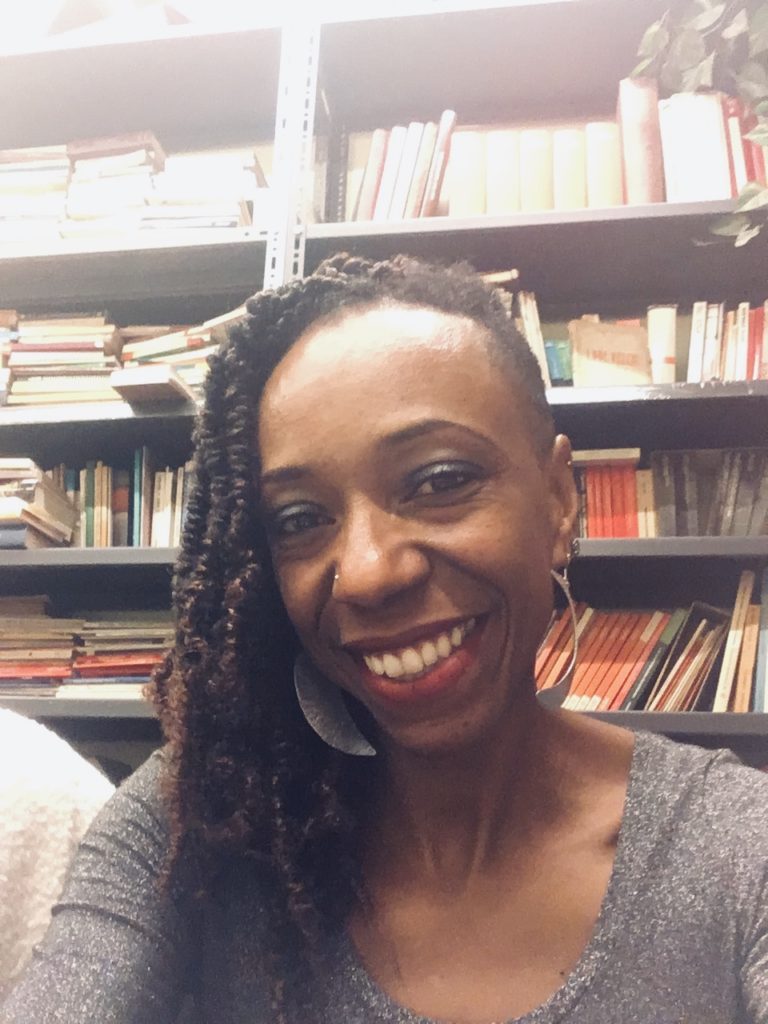
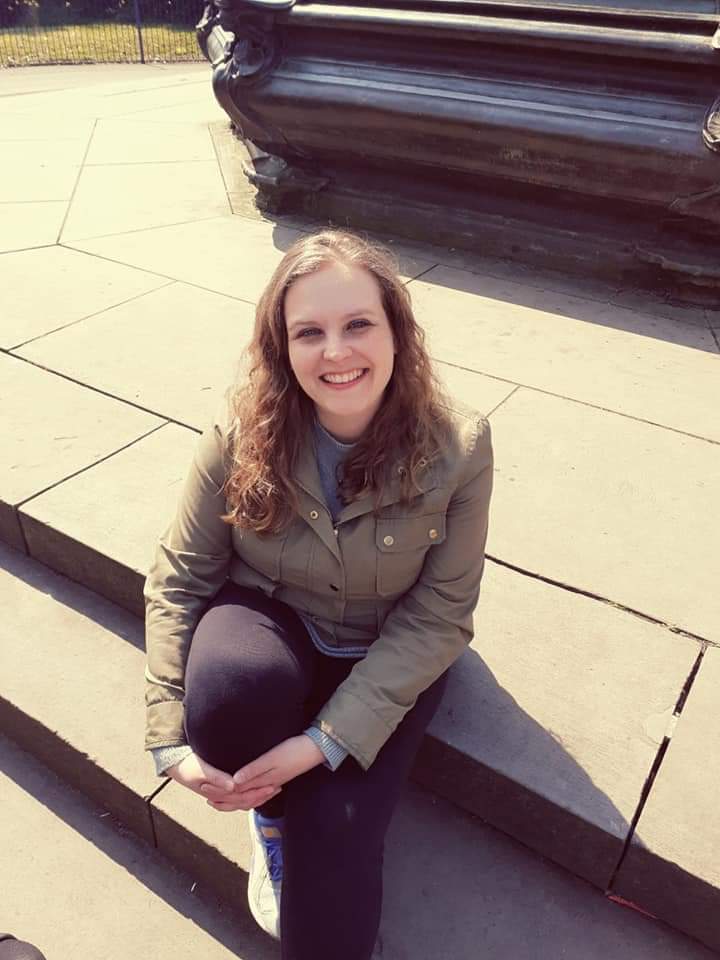
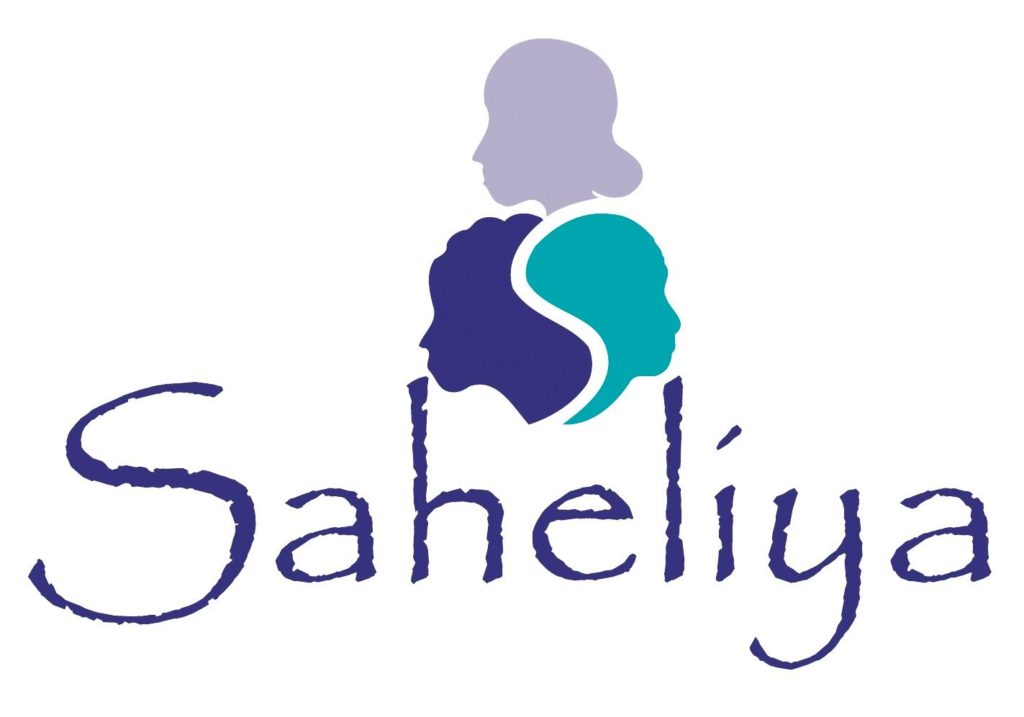
Twitter: @Saheliya
Instagram: @Saheliya_Scotland
Facebook: @Saheliya.bme.women
+44 0131 556 9302 (Edinburgh)
+44 0141 552 6540 (Glasgow)

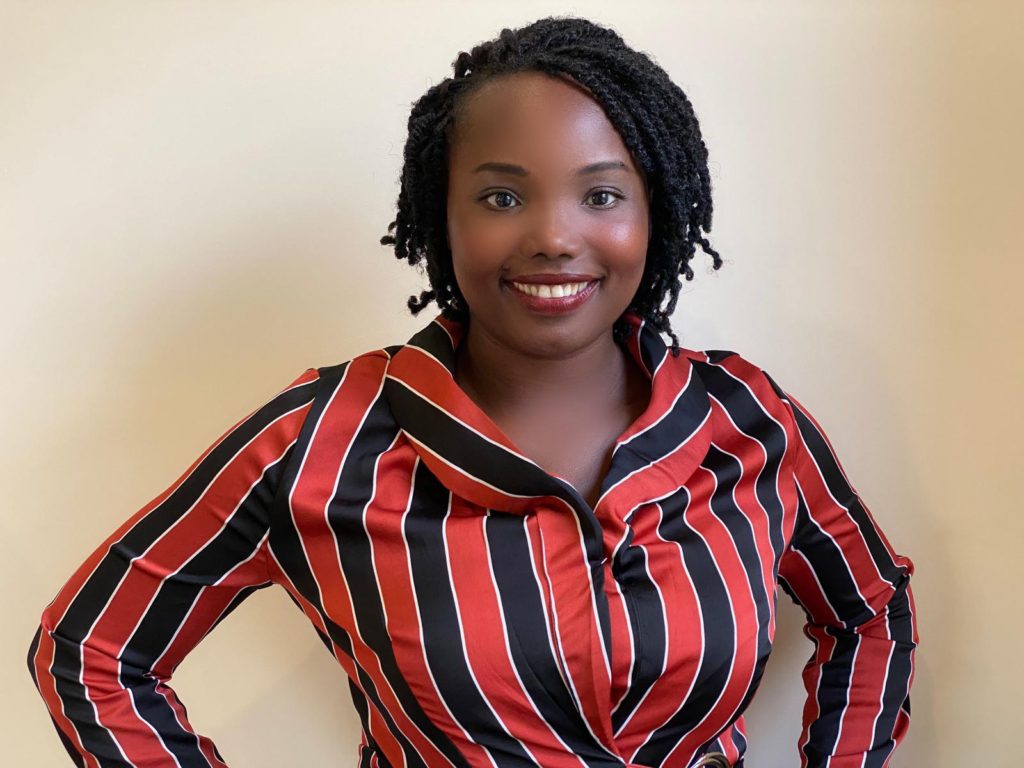
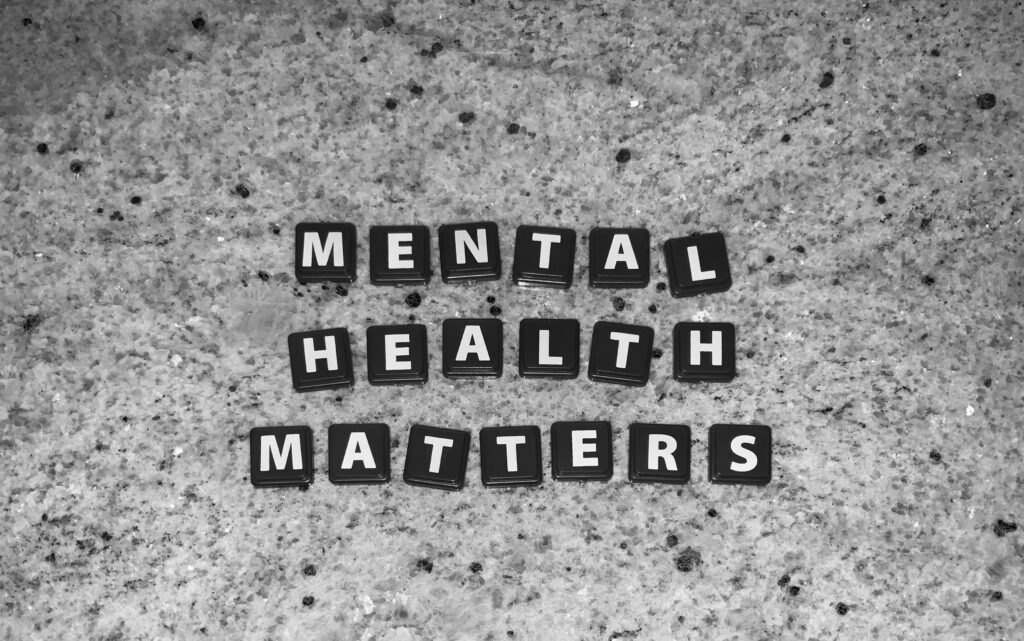
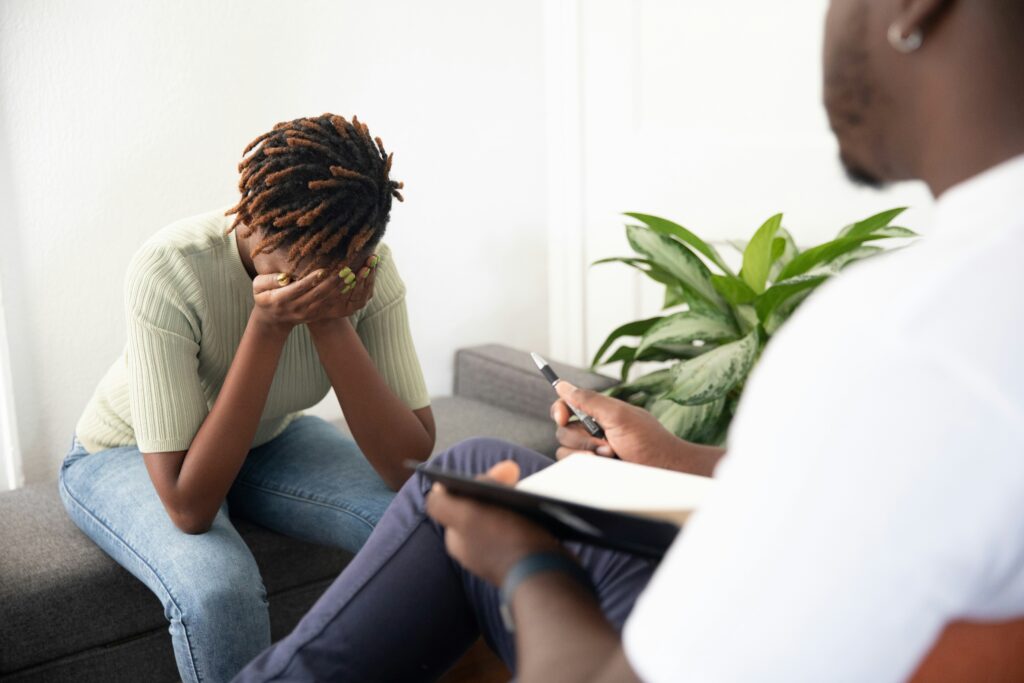
thank you for your efforts to spot the light on migrant women problems, because most people don’t see their suffering.